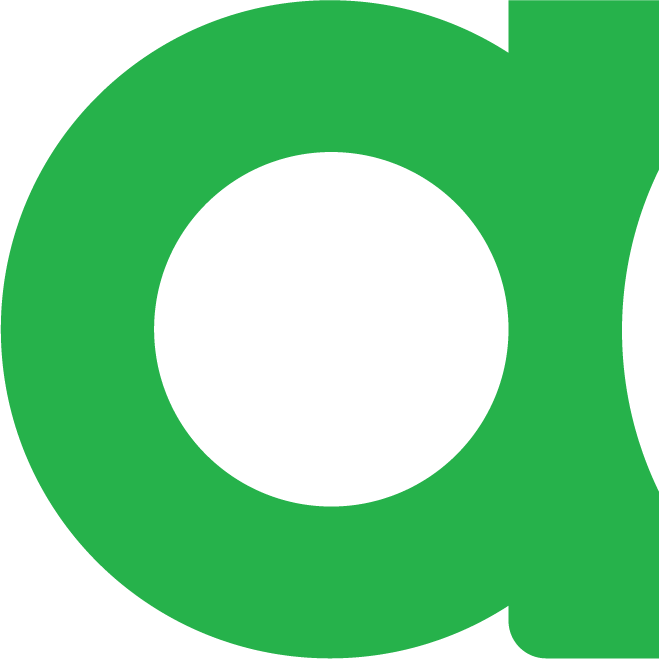Introduction
Digital marketing has become an indispensable tool for businesses aiming to reach and engage with their target audience. As the digital landscape continues to evolve, understanding the key strategies and best practices is crucial for success. In this article, we’ll explore the essentials of digital marketing, providing SEO-optimized insights and tips to help you thrive online.
What is Digital Marketing?
Digital marketing refers to all marketing operations that use an electronic device or the internet. Businesses use digital platforms including search engines, social media, email, and websites to communicate with present and prospective consumers. Effective digital marketing methods can result in increased traffic, conversions, and brand exposure. Click here to know.
Key Components of Digital Marketing
- Search Engine Optimization (SEO)SEO is the process of optimizing your website to appear higher in search engine results pages (SERPs). This drives more organic (non-paid) visitors to your website. Key SEO strategies include keyword research, on-page SEO, and the creation of high-quality backlinks.
- Content MarketingContent marketing involves creating and distributing valuable, relevant content to attract and engage your target audience. This can include blog posts, articles, videos, infographics, and more. Quality content helps establish your authority and improves your SEO efforts.
- Social Media MarketingSocial media marketing involves using platforms like Facebook, Instagram, Twitter, LinkedIn, and others to promote your brand and content. Effective social media strategies can increase engagement, drive traffic to your website, and enhance your brand’s online presence.
SEO-Optimized Digital Marketing Tips
- Keyword ResearchKeywords are the foundation of SEO. Use tools like Google Keyword Planner, Ahrefs, or SEMrush to identify relevant keywords for your industry. Focus on long-tail keywords (phrases with three or more words) as they often have lower competition and higher conversion rates.
- On-Page SEOOptimize your website’s on-page elements, such as title tags, meta descriptions, header tags, and image alt text. Ensure that your information is well-structured and easy to read. Use your target keywords naturally throughout your article to avoid keyword stuffing.
- High-Quality BacklinksBacklinks from authoritative websites can significantly boost your SEO. Develop a backlink strategy that includes guest posting, influencer outreach, and creating shareable content. Quality over quantity is key when it comes to backlinks.
Measuring Digital Marketing Success
- Analytics and ReportingTrack your digital marketing performance with tools such as Google Analytics, Moz, and HubSpot. Monitor important metrics including website traffic, bounce rate, conversion rate, and ROI.
- A/B TestingConduct A/B tests on your website, emails, and ads to determine what works best for your audience. Use the insights gained to optimize your campaigns continuously.
- Customer FeedbackCollect feedback from your customers to understand their needs and preferences. Use surveys, reviews, and social media interactions to gather valuable insights.
Conclusion
Digital marketing is an ever-evolving field that requires a strategic approach to stay ahead of the competition. By implementing SEO-optimized strategies, creating engaging content, and leveraging various digital channels, you can effectively reach and engage your target audience. Regularly monitor your performance and adapt your strategies to ensure long-term success in the digital landscape.








